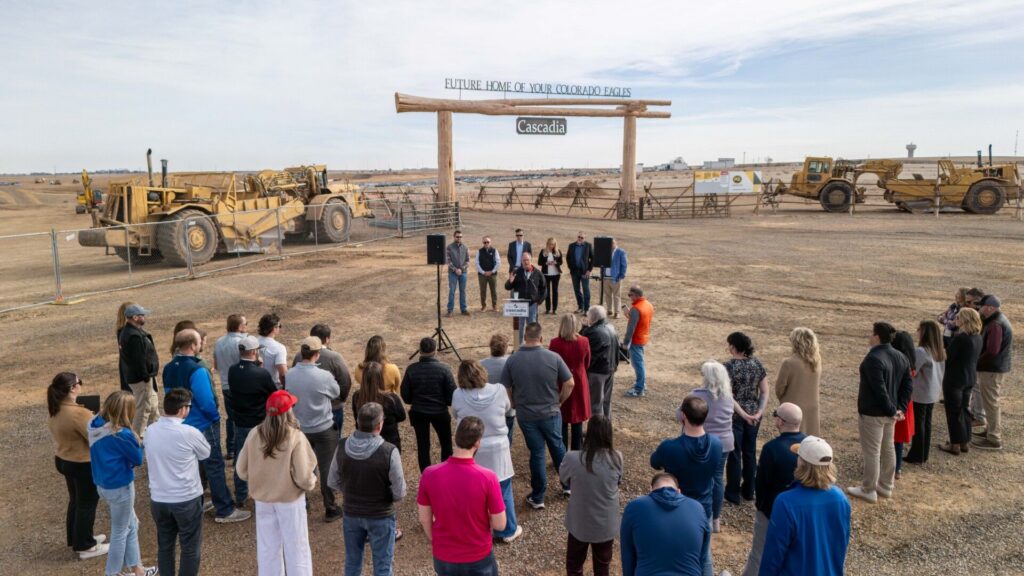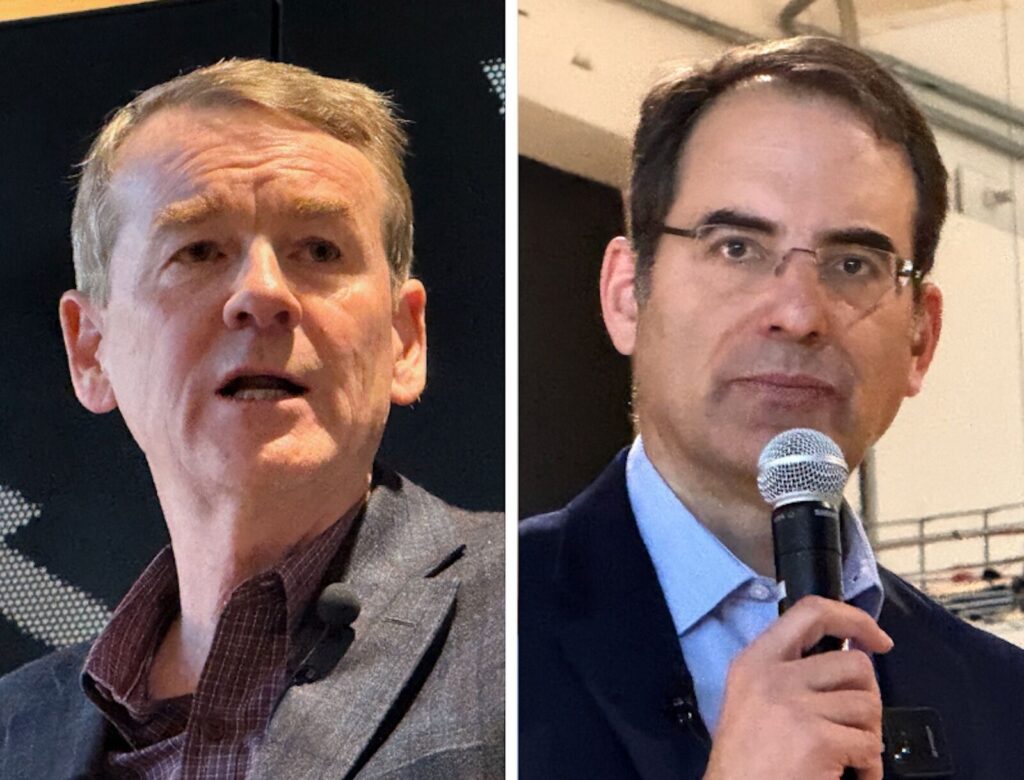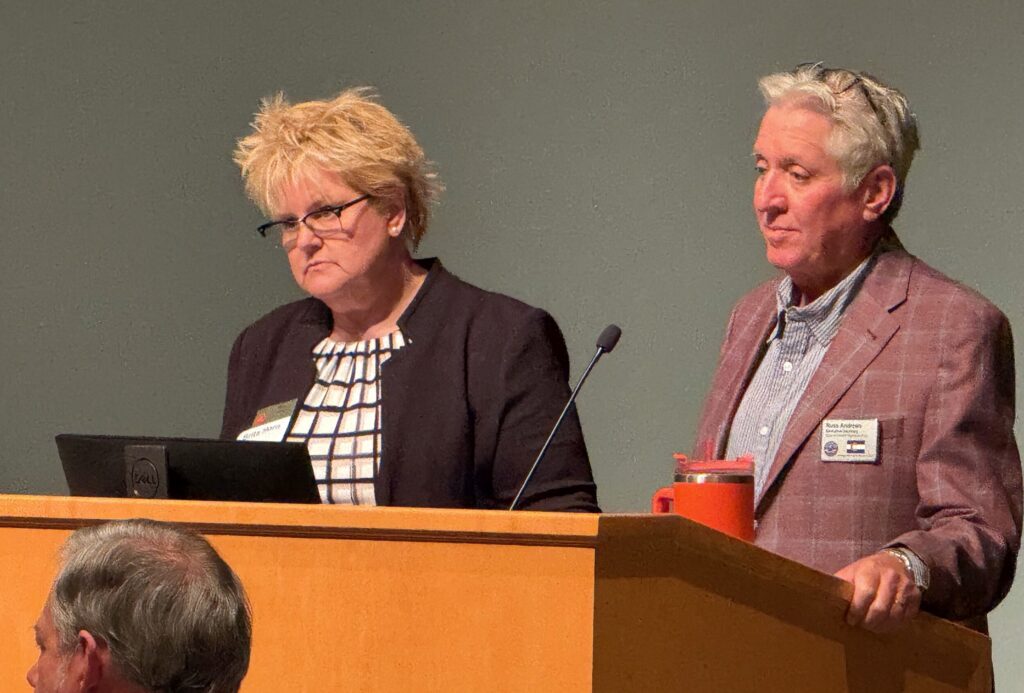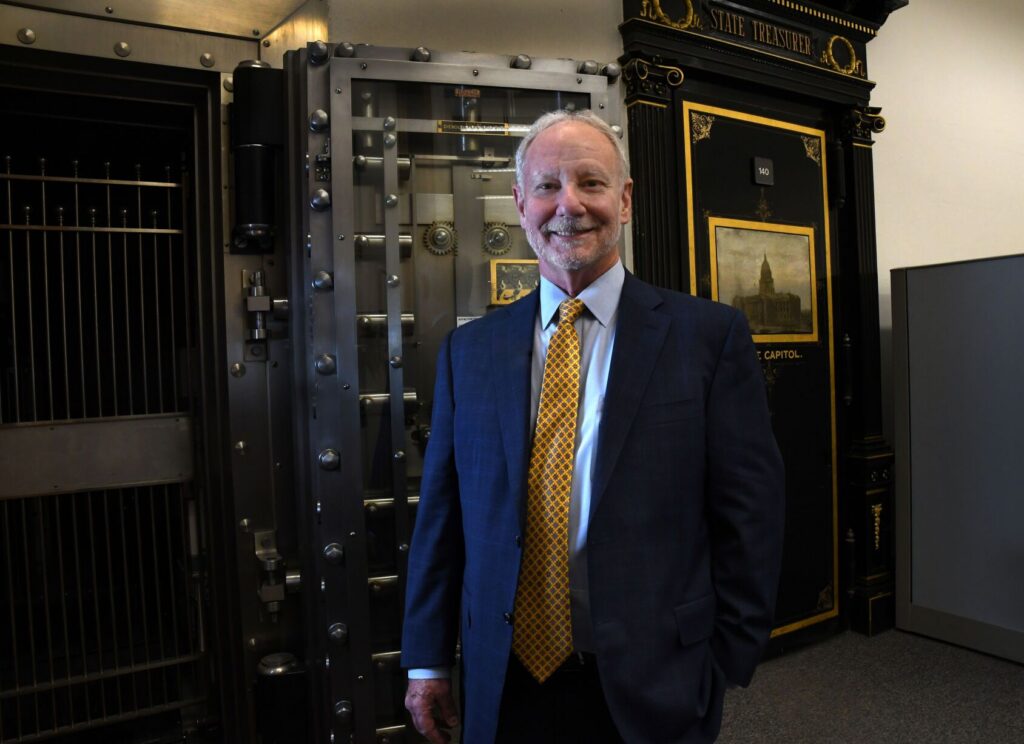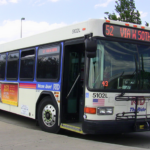Legal questions over fix stymie special session
The biggest fight over whether to fix a drafting error in an omnibus rural sustainability bill is whether the fix requires voter approval.
Senate Republicans are adamant that voters in those special districts should weigh in. Democrats and those who have fought similar battles in the courts say no. And it’s all about how the Taxpayer’s Bill of Rights (TABOR) has been interpreted, both by lawmakers and the courts.
Monday, the Colorado General Assembly, under an executive order signed by Gov. John Hickenlooper on September 14, returned to the Capitol to fix an inadvertent drafting error in Senate Bill 17-267. The bill, which Hickenlooper signed on May 30, consolidated two sales taxes on recreational marijuana – a state sales tax of 2.9 percent and a special sales tax of 10 percent – into one tax, and hiked the tax to a voter-approved maximum of 15 percent.
The change effectively eliminated the state sales tax, and therein lies the problem. Nine special districts around the state rely on those state sales taxes on recreational marijuana, but the bill did not provide an exemption so that those special districts could continue to collect their share.
It’s costing the eight-county metro Denver Regional Transportation Authority about a half-million dollars per month, which translates to services for about 5,000 people, according to RTD General Manager Dave Genova.
Signaling that he did not buy into several court opinions on the issue, Republican Senate Majority Leader Chris Holbert of Parker said Monday morning that “I did not swear an oath to uphold the opinion of the court. I’m bound to uphold the Constitution.”
The Constitution is clear, Holbert told reporters. After December 1992 (after TABOR passed), the voters must vote if there has been a tax policy change. “Senate Bill (17-267) was a tax policy change and here we’re being asked to change it again,” he explained, adding that the General Assembly doesn’t have the authority to change it back – only the voters can do that.
Holbert later told Colorado Politics that his constituents are adamant that he continue to protect TABOR. Holbert cited a section of the amendment that says voter approval of taxes is required when there is a new tax, tax rate increase, extension of expired tax, “or a tax policy change directly causing a net tax revenue gain to any district.” It’s that last provision that Republicans claim is what requires the vote.
Not so fast, says attorney Mark Grueskin, who has been on the winning side of several cases involving challenges to TABOR.
Grueskin told the Senate Transportation Committee Monday that he has been hired three times on lawsuits involving TABOR; the first, in 2004, when he was hired by Republicans to sue the governor; a second lawsuit where he represented the state versus the Mesa County Board of Commissioners, and a third case on behalf of the Colorado Transportation Commission.
The special session bills are about three questions, Grueskin said. Whether the fix is a tax increase; if passed, is it a tax policy change that results in a net revenue gain; and whether the bill is necessary.
The first question is answered by a 1995 case on TABOR decided by the state Supreme Court, Grueskin explained. In that case, an error had been made by a county assessor that had to be corrected by abatements and refunds. To ensure that they didn’t lose money, the Arapahoe County school district imposed a mill levy without voter approval. The Colorado Supreme Court said the mill levy was not a tax increase because it addressed an error and anticipated that prior votes had been made to ensure enough revenue to pay off bonds.
Grueskin said the issue of whether the fix is a tax policy change also is one addressed by the state Supreme Court on a mill levy freeze, a case that pitted the Mesa County commissioners against then-Gov. Bill Ritter. The state Supreme Court said tax policy changes apply when revenue is so great that those revenues would put the district over its revenue limit, and hence force an election to ask voters to allow the district to spend those extra dollars.
As it applies to the current situation, those revenues are anticipated, Grueskin said. “All of those revenues are in their districts’ budgets, and as a matter of law cannot comprise a tax policy change.”
The third question Grueskin answered somewhat tongue in cheek. He said the special districts could sue, based on the original bill’s title – Sustainability of Rural Colorado – and that would be costly litigation. “The only people to benefit from this are in one category – me and my profession of lawyers. I would think (SB 17B-001) would be preferable.”
(Editor’s note: This story was updated.)


